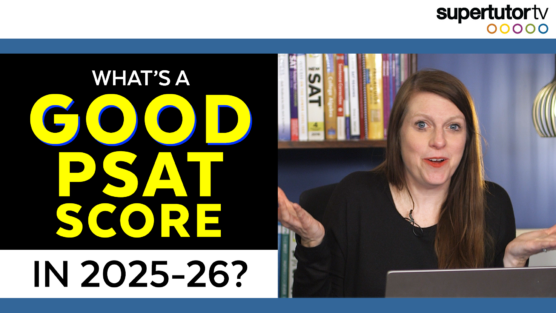Did you know that in a recent Study.com survey, 89% of college students said that they had used ChatGPT in a homework assignment? That seems mind-blowing, doesn’t it? But it’s probably the same amount of students that have, at some point in their life, Googled a question on their homework. Even at Stanford University, probably one of the most coveted colleges in the country, 17% of students admitted to using ChatGPT in their Fall 2022 classes in some way. And so the question that I want to ask today is: Is using ChatGPT cheating, or is it just studying smarter?
I’m curious as to how this is going to work its way through the education system. Is it just like a calculator in math class? Something that helps aid and assist doing things that we already know how to do but helps us speed up calculations and focus on higher-level thinking? Is this the next spellcheck or Grammarly Pro? Or is it the apocalypse of education?
Here’s what I can say about ChatGPT, and in some ways, it’s not that different from other advancements that students have had at their disposal in the last decade or two. For example, an 11-year study by a Rutgers psychologist found that over 50% of students Google their homework on a regular basis. And correct homework answers now correlate with lower scores overall in courses because when students Google their homework and get perfect answers, they often aren’t thinking through what they’re putting down and aren’t learning. They’re just looking them up and filling them out, almost like data entry. So, when they do that, they don’t learn, and therefore, their exam scores tend to be lower. As people use ChatGPT to write essays, they could really be missing out on learning critical essay writing strategies and methods that they need to know. So, obviously, in that light, we don’t want to have a world where people are using this technology in a way that harms their own learning.
Our question is: where is the place where ChatGPT is beneficial, and how should we be teaching students to use it? Where I see the real value is, I would say, where the smart kids are already using it. In that Stanford survey from earlier, they had a follow-up question that asked students to what extent they used ChatGPT if they did utilize the technology to assist with their classes. The number one way that people were using it was for brainstorming, outlining, and forming ideas, which means they were getting input from it but weren’t stealing things in their entirety. And this is where I find that ChatGPT is the most useful.
Idea generation is something that maybe ChatGPT can do faster than we can. If you work in a business and you have to perform or get something together, ChatGPT is a tool you might use to do that. I was talking to a relative recently who had used ChatGPT to create a simple snippet of code that she needed, and she said that it gave her what she needed. It’s similar to how having a calculator program on your TI-84 that solves a system of equations with two unknowns can save you a few minutes.
The other way that I see it as useful is when we use it as a tool to improve what we are already doing, not to replace it entirely. It’s that I’m looking at it as an idea bounceboard, and I think this is why we even have a Penn professor who’s telling his students to actually use it in an assignment.
I’m going to give a quick example of how I might use this in my business, which is that I might have it improve a job description. I’m hiring for an internship right now because we’re redoing our digital SAT course and need some interns to kind of fill in the gap. So, at the end, ChatGPT adds, “This is a great opportunity for anyone looking to gain experience in curriculum development and education technology. We offer a supportive and dynamic work environment, opportunities for growth and development, and competitive compensation.” It made all of that up, because I didn’t put any of that in there, but I like the concept of it, which is ending with the kind of culture that we have and why this is a good opportunity for someone.
Most of the time, the smart kids aren’t using it to write the whole thing without edits—only 5.5% of people using the tool were doing that. And I’ll be honest, that’s not the smart way to use it. Instead, understand what it can bring to the table and how it can help improve what you do rather than replace what you do. And I think the bottom line is that we have to come up with an ethical framework for how ChatGPT is going to be used in education. Teachers and administrators need to now come up with guidelines so that students know where the line is, because right now, there aren’t necessarily any boundaries. Teachers need to make it clear to students about when ChatGPT is okay and not okay to use and how it is allowed and not allowed to be used. I also think that high-stakes assessments are going to have to be done in person with proctoring and face-to-face monitoring so that we know that students aren’t cheating.
I know that if I were a teacher, the assignment that I would want to give people is an in-class writing assignment, and then I would want them to take it home and improve it using ChatGPT so that I would know what they wrote and what ChatGPT helped them write. Then, I’d want them to describe that process, screenshot what ChatGPT came up with, and explain how they synthesized them together. That’s what I’m interested in: how we can use ChatGPT as a tool, because I think that it is an important skill set that will become more significant in the future. So, I think that we can’t ignore it, pretend it doesn’t exist, and expect students to never touch it because that’s not realistic. But I think we still need an ethical framework and need to figure out how to move forward in that way.
I hope you guys found this interesting, and let us know what you think of ChatGPT!




